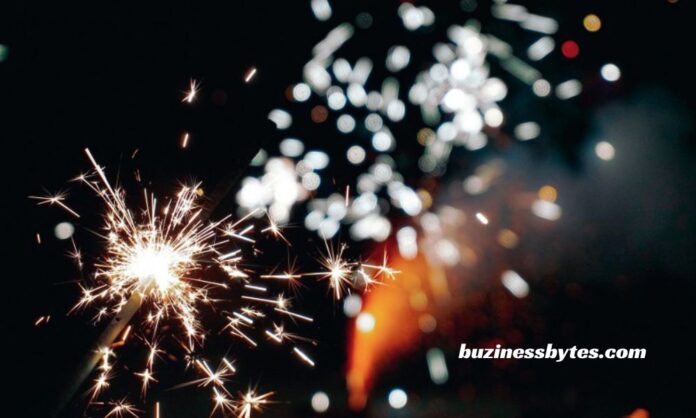On Tuesday, the Supreme Court determined that its order outlawing the sale of barium-containing firecrackers applies to all states rather than just the Delhi-National Capital Region (NCR), which is experiencing high air pollution. There will be far-reaching effects of the Supreme Court’s decision to expound on its 2018 ban on using conventional firecrackers to minimize air and sound pollution.
Because of concerns about the influence of agricultural fires in the states around Delhi on air quality in the nation’s capital, the court sought input from the India Meteorological Department (IMD) on stubble burning.
The key is spreading awareness among the general people about the hazards involved with using firecrackers. Adults, rather than children, are the typical fireworks users nowadays. Pollution prevention and environmental protection are not the purview of the legal system. People need to start making their voices heard. The court determined that everyone must contribute to reducing noise and air pollution.
A petition seeking a ban on firecrackers was already underway, and the Supreme Court was evaluating an intervention request in that case. Petitioners sought a ruling from the court barring using firecrackers during the holidays of Diwali and weddings to decrease noise and smoke pollution.
The court has delayed its judgment on the request because, as stated in a bench ruling, “no specific orders are required to be passed in the application as the court has passed several orders to check air and sound pollutants.” The Rajasthan state government should pay attention to the rules mentioned above not only during the winter holidays but consistently after that.
Also Read : What the AAP government and Delhi Lieutenant Governor concluded during the meeting on air pollution
When asked about an uptick in air and noise pollution over the Diwali holiday, Rajasthan’s senior counsel Manish Singhvi admitted that there was one. The counsel representing the intervenor said that all they want is for the state government to be aware that the firecracker ban this court has imposed also applies to the state of Rajasthan outside of the Delhi-National Capital Region (NCR).
Singhvi said the state would abide by the verdict but that the public’s conscience should decide whether or not the death penalty should be applied. He petitioned the court to allow firecrackers to be let off throughout Rajasthan from 8 to 11 p.m., giving locals an extra hour to enjoy Diwali and other festivities.
Arjun Gopal’s senior attorney, Gopal Sankaranarayanan, argued that if the court gave relief to even one state, it would be overwhelmed with applications from other states. The judging panel upheld Sankaranarayanan’s case. Pollution levels will remain the same whether we give ourselves an extra hour. The buyer’s new purchases would be destroyed, Justice Bopanna said.
According to Justice Sundresh’s words to Singhvi, “Celebrations are possible if you share what you have.” To pollute the environment is to be selfish. Those at fault for the deterioration of the ecosystem ought to face consequences. Awareness campaigns and public education are more critical than ever. We know it will keep happening until people do anything about it. Many have said we are “a people who live on hope.”
The Supreme Court refused pleas from pyrotechnics manufacturers on September 22 to create and sell barium explosives and linked fireworks (series crackers or laris) in compliance with new regulations.
To reduce pollution across the country, including in the Delhi-National Capital Region, the Supreme Court has ordered the city police to stop issuing temporary licenses for the sale and storage of any kind of firecrackers, including those containing barium.
In a recent ruling, the Supreme Court mandated that PESO approve all future regulations on noise and smoke emissions.

